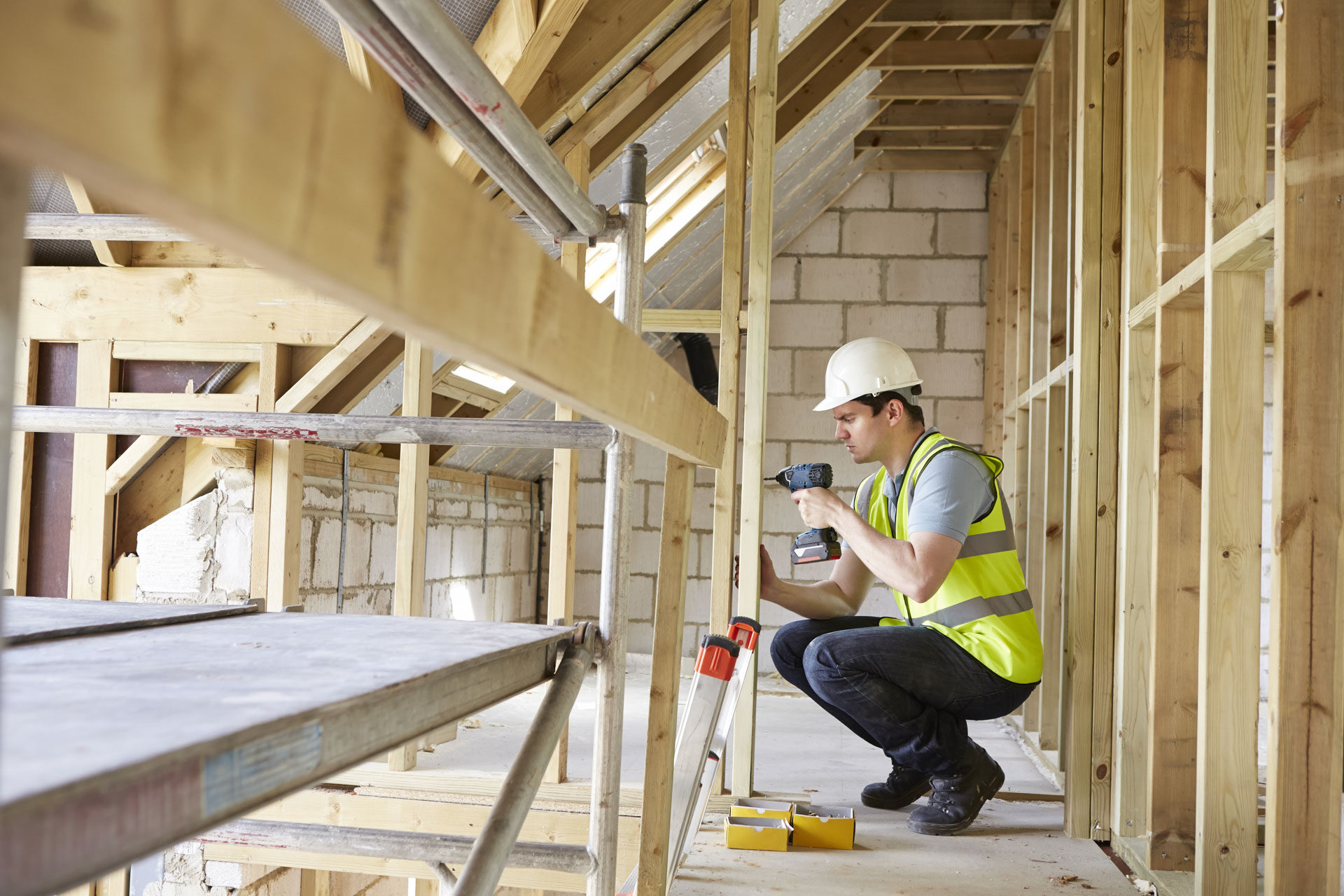Rigby Financial
What is the Contractors ‘All Risk’ Insurance?
Contractors’ all-risk insurance policies are considered non-standard insurance policies while the primary reason for purchasing a contractor’s all risk insurance cover is to guard against anything you are doing on-site.
Damage claims for a property may include things such as the structure being incorrectly constructed or receiving damage during a renovation. Whereas third-party claims may come from subcontractors becoming injured while working. Here the contractors all risk insurance policy helps to bridge the gap between these two risks into a single common insurance policy.
Engineering inspection insurance is vital for any business looking to protect themselves against accident claims as a result of an unsafe environment. Our professional engineering insurance brokers will ensure that they find you the ideal cover for your organisation, which could include the following inspections:
- Electrical equipment, which could include anything from fixed wiring to kitchen appliances
- Lifting apparatus including lift trucks and cranes
- Local Exhaust Ventilation (LEV) such as extractor fans and spray booths
- Pressure units including boilers, refrigerator systems and air receivers
- Power presses and press brakes
- Conveyor systems
- Tractors and bulldozers






